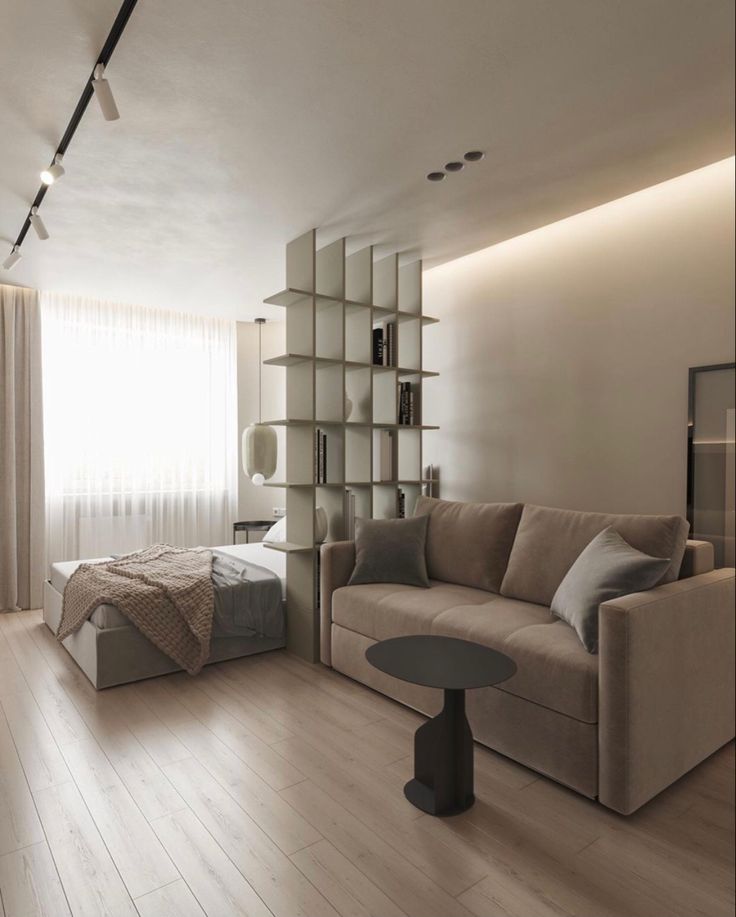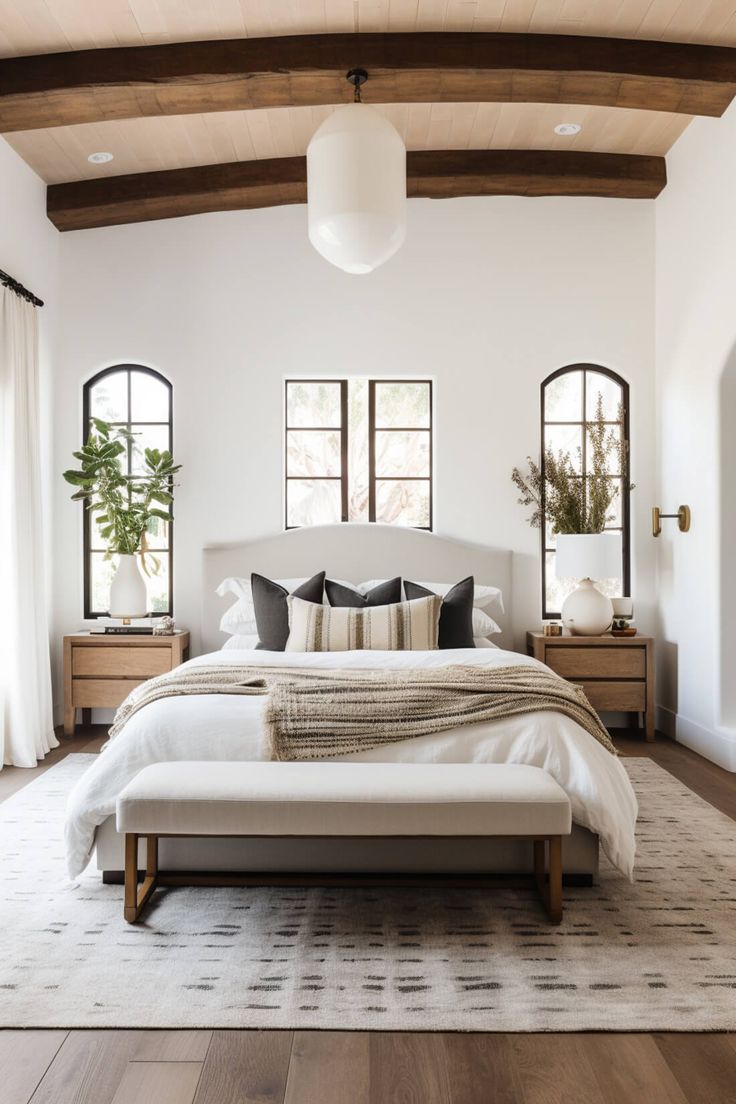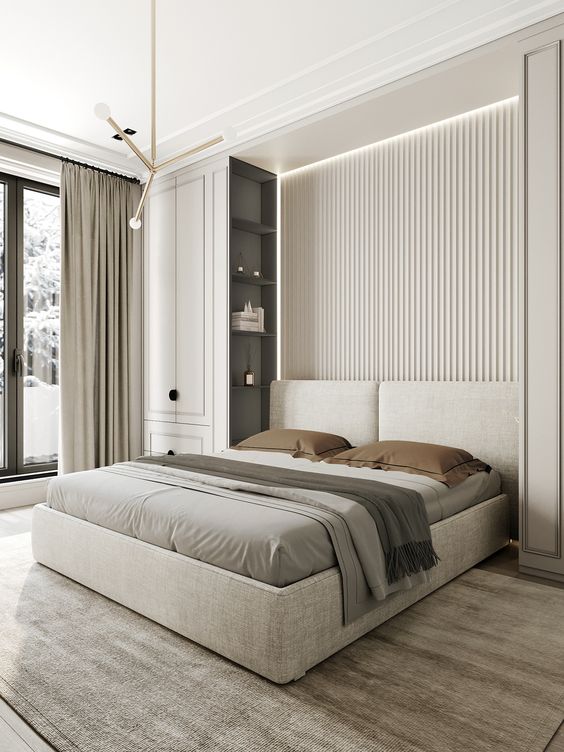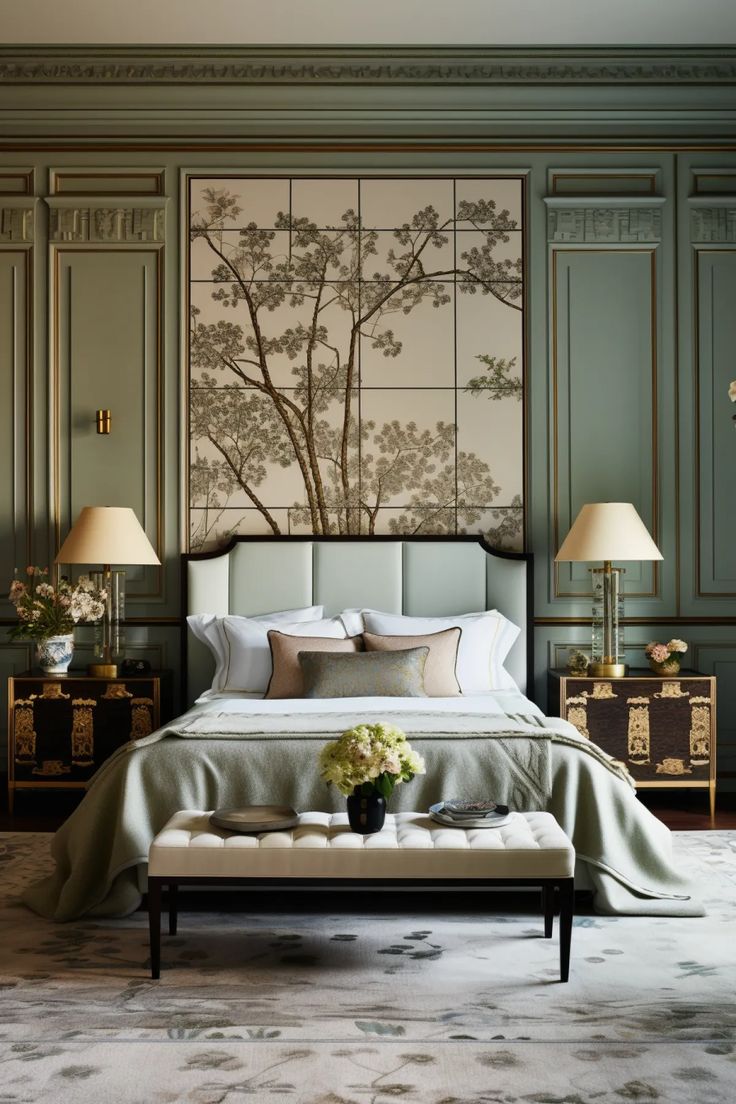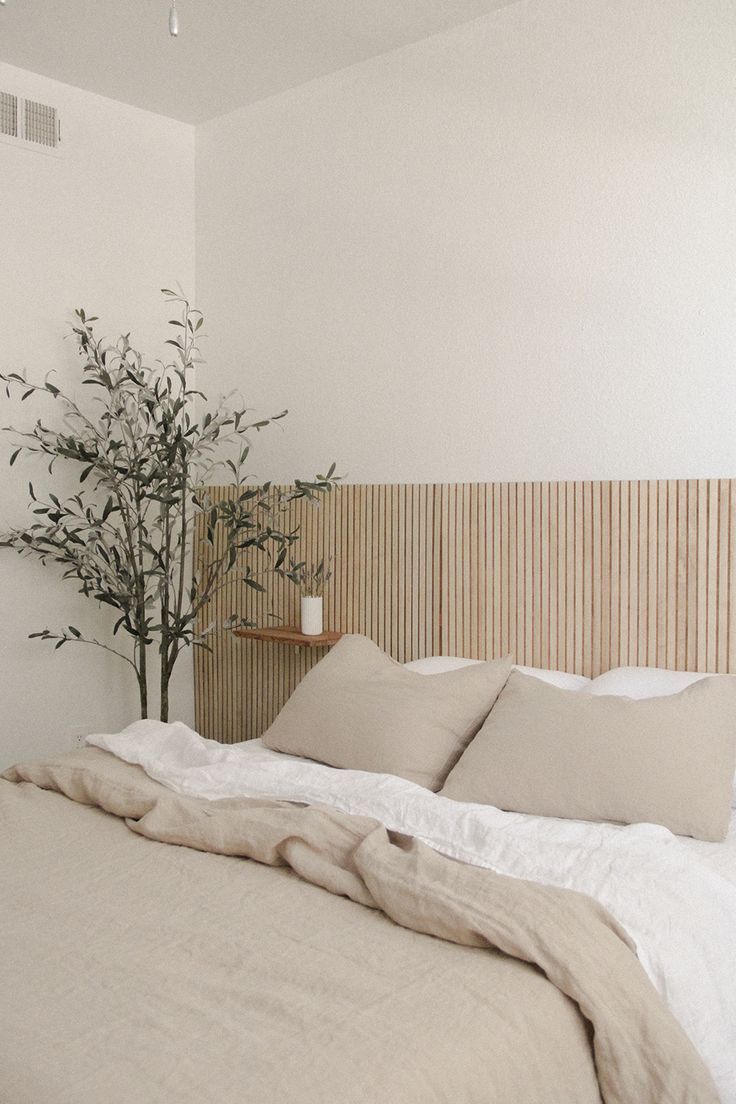So, what crystals should not be in your bedroom?
Crystals have long captivated our fascination with their shimmering beauty and mystical properties.
It’s no wonder that many people incorporate these enchanting gems into their bedroom decor.
Whether displayed on a nightstand, nestled within a crystal grid, or adorning a dreamcatcher, crystals lend an air of serenity and positive energy to the sleeping space.
However, it is crucial to exercise caution and select the right crystals for this sacred sanctuary.
In this article, we will explore the allure of crystals in bedroom decor while emphasizing the importance of choosing the appropriate ones for optimum well-being and restful slumber.
Crystals to Avoid in the Bedroom
The bedroom is a sanctuary for rest and relaxation, and the right crystals can enhance this serene ambiance.
However, it’s crucial to be mindful of the crystals that may disrupt your sleep patterns.
Let’s explore what crystals should not be in your bedroom.
Amethyst Overload: Too much tranquility can disrupt sleep patterns
Amethyst, with its soothing purple hues, is known for its calming properties and ability to promote emotional balance.
However, when it comes to amethyst in the bedroom, moderation is key.
Excessive exposure to amethyst’s tranquil energy may interfere with your sleep patterns, leaving you feeling groggy and lethargic upon waking up.
While amethyst offers a range of benefits such as stress reduction and improved focus during the day, it’s best to limit its presence in your sleeping space.
Instead of surrounding yourself with an abundance of amethyst clusters or geodes near your bedside table or under your pillow, opt for smaller pieces strategically placed throughout other areas of your home.
Alternative crystals that strike a harmonious balance between promoting relaxation and supporting restful sleep include rose quartz and blue lace agate.
Rose quartz emanates gentle vibrations of love and tranquility, fostering a peaceful atmosphere conducive to deep slumber.
Blue lace agate soothes an overactive mind while encouraging tranquility and reducing anxiety.
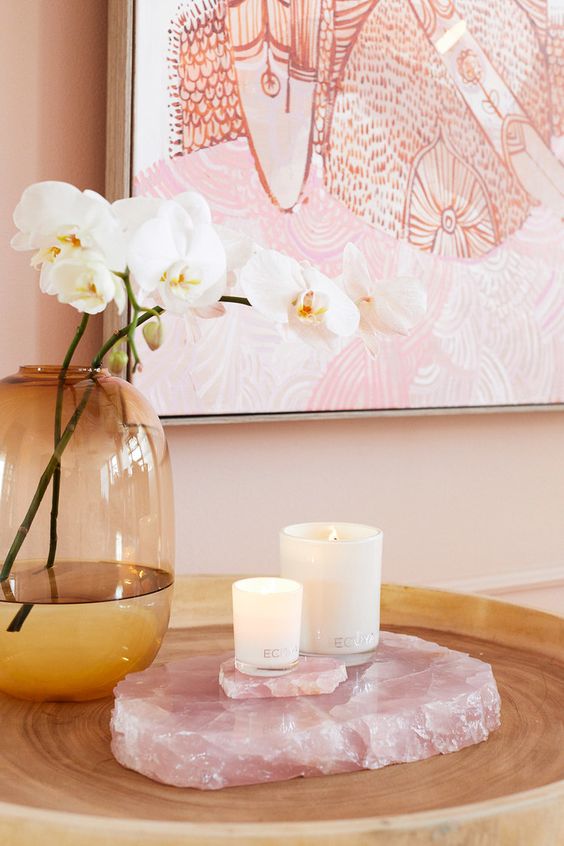
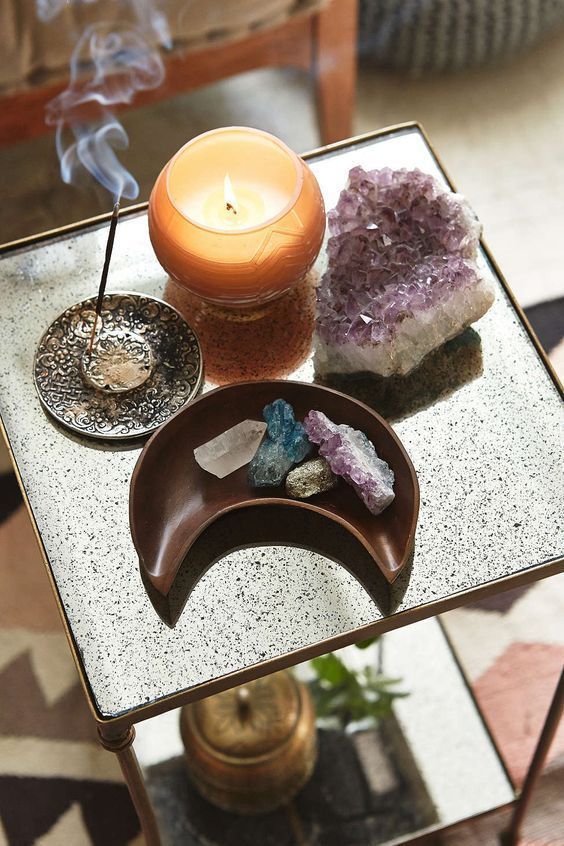
Pyrite’s Flashy Energy: Not suitable for a serene sleeping space
In its golden splendor, pyrite exudes an energy that radiates confidence and motivation.
Known as “fool’s gold,” pyrite possesses stimulating qualities that make it less than ideal for creating an environment conducive to restful sleep.
If you’re seeking deep rejuvenation during slumber, it’s best to avoid pyrite in the bedroom.
While its vibrant energy can be invigorating during the day, it may interfere with your ability to enter a calm and serene state necessary for quality sleep.
Instead, opt for crystals like moonstone and lepidolite.
Moonstone’s ethereal glow and connection to lunar energy invite a sense of tranquility and introspection, while lepidolite, with its calming lavender shade, encourages deep relaxation by alleviating stress and anxiety.
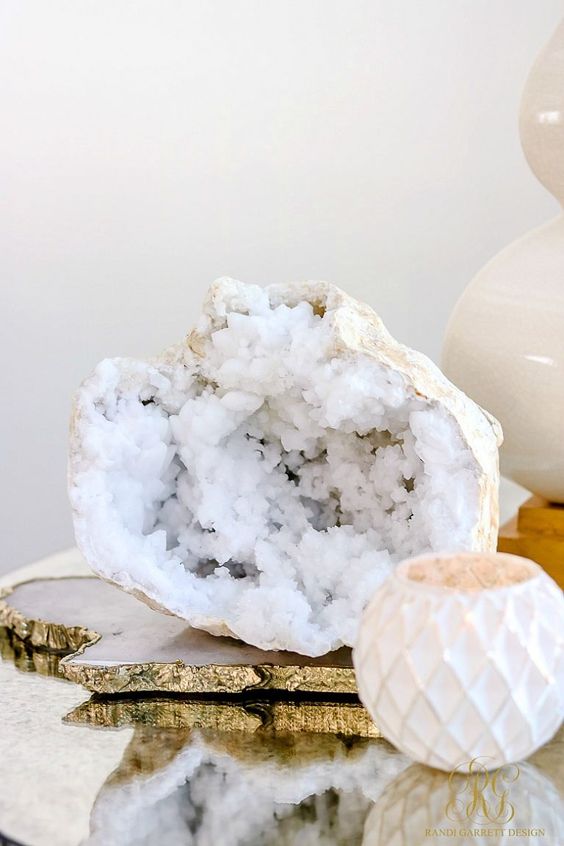
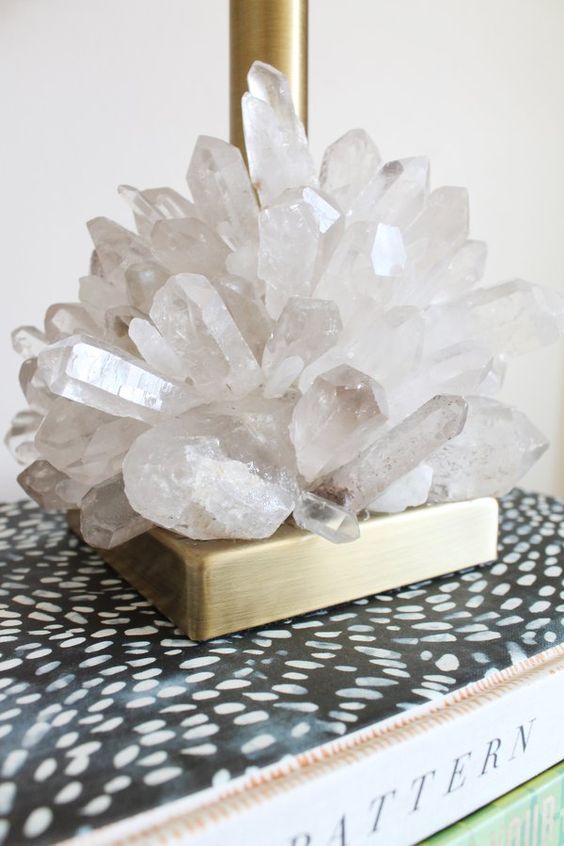
Selenite’s Cleansing Power: Beware of Excessive Purification Effects
Selenite is renowned for its purifying properties, capable of clearing negative energies and promoting clarity of mind.
However, this potent cleansing energy may not be conducive to a peaceful sleeping environment if used excessively or improperly.
The strong energy emitted by selenite can overstimulate the mind when placed in close proximity during sleep.
While selenite wands or larger specimens are fantastic tools for energetic purification in other areas of your home, they might not be suitable near your bedside.
For maintaining a peaceful atmosphere ideal for restful sleep, gentle alternatives like howlite and black tourmaline can serve as excellent choices.
Howlite aids in calming an overactive mind by encouraging mental relaxation and tranquility.
Black tourmaline provides protection against negative energies while grounding excess energy that could disrupt sleep patterns.
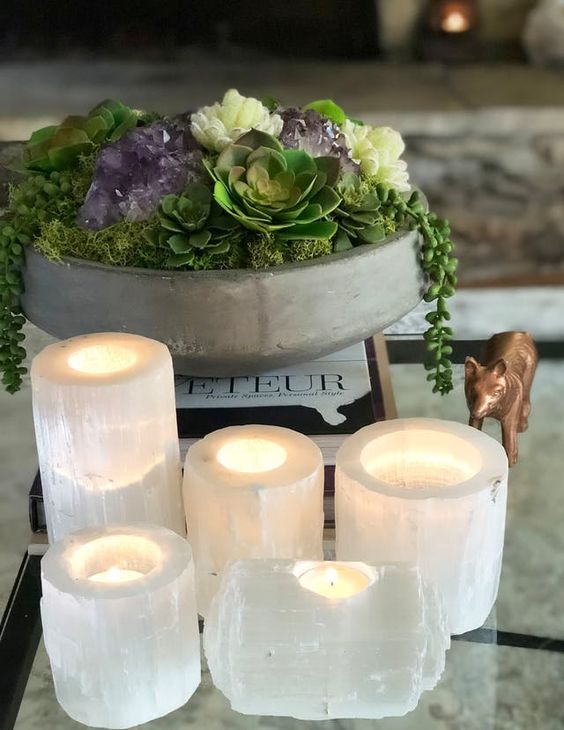
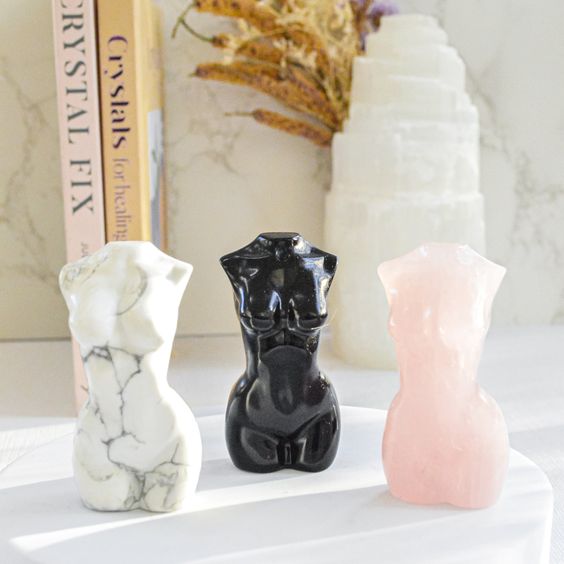

Conclusion
As you curate the crystals in your bedroom, it’s essential to consider their energetic properties and their potential impact on your sleep patterns.
Crystals like celestite and moldavite, though fascinating in their own right, are better suited for other areas of your home where their intense energies can be fully embraced without disturbing restful slumber.
When choosing crystals that promote tranquility and relaxation in your sleeping space, such as amethyst or rose quartz, you create an environment conducive to restorative sleep.
Remember to listen to your intuition when selecting crystals for specific purposes and trust that you know what is best for crafting a serene sanctuary within your bedroom.


